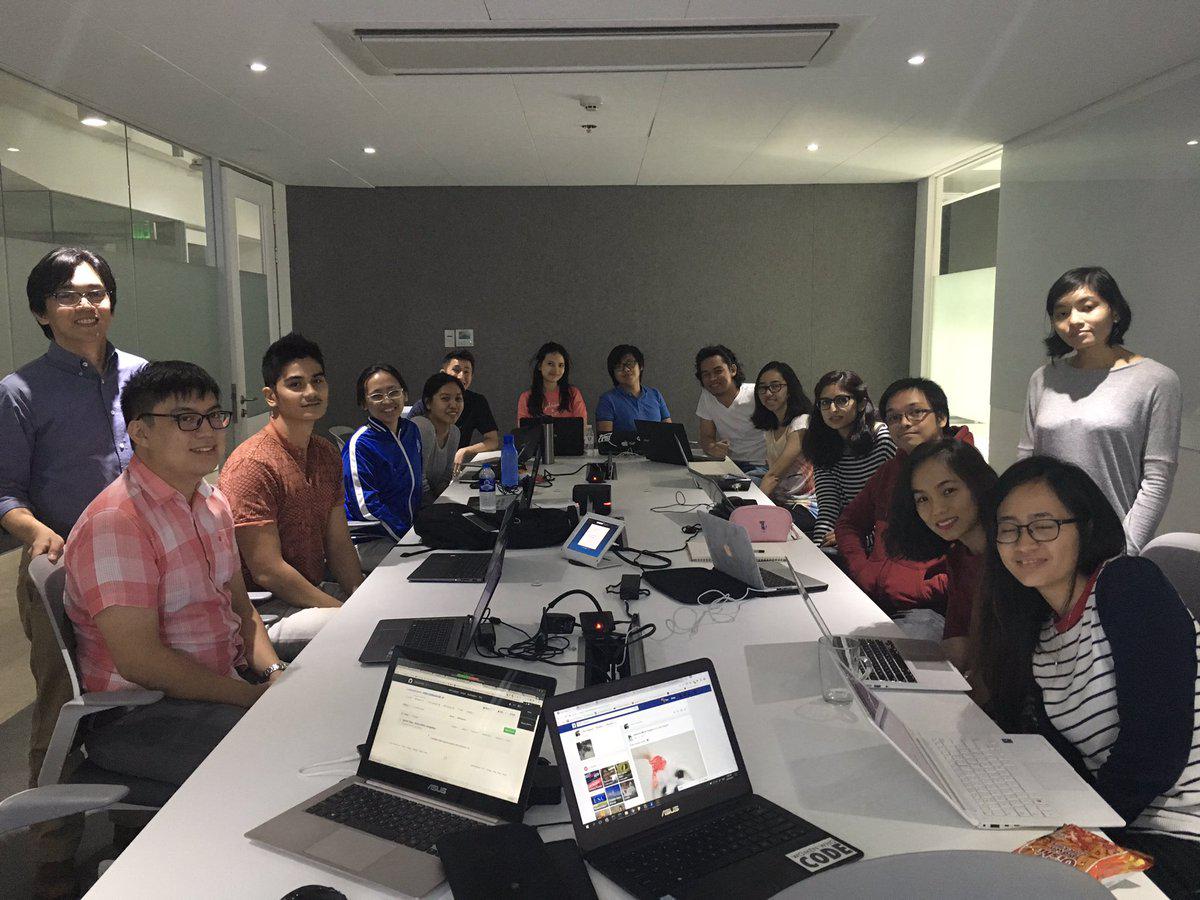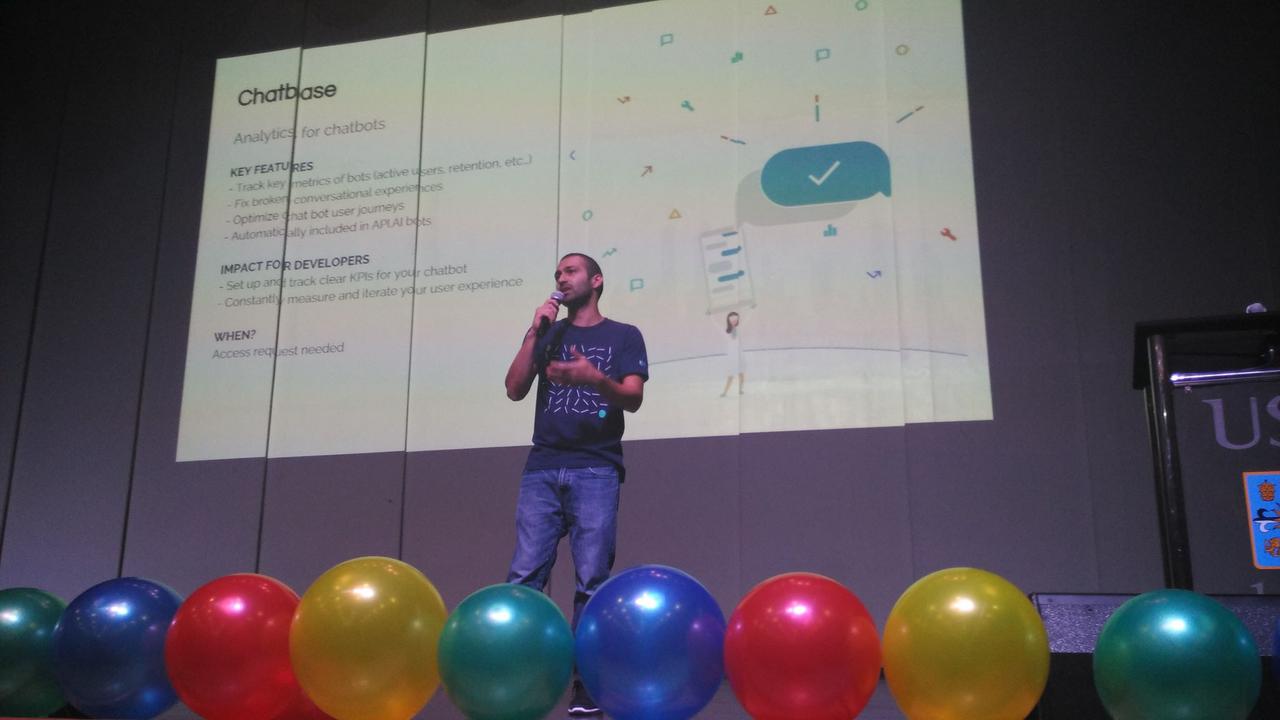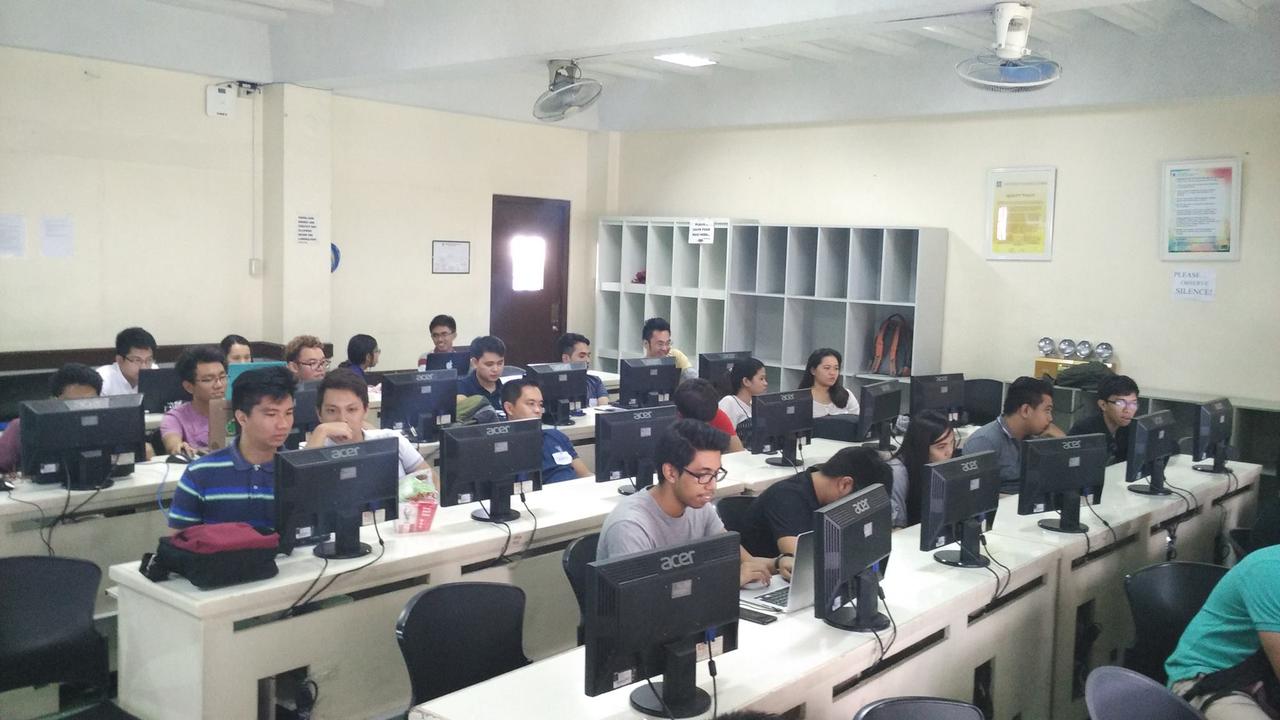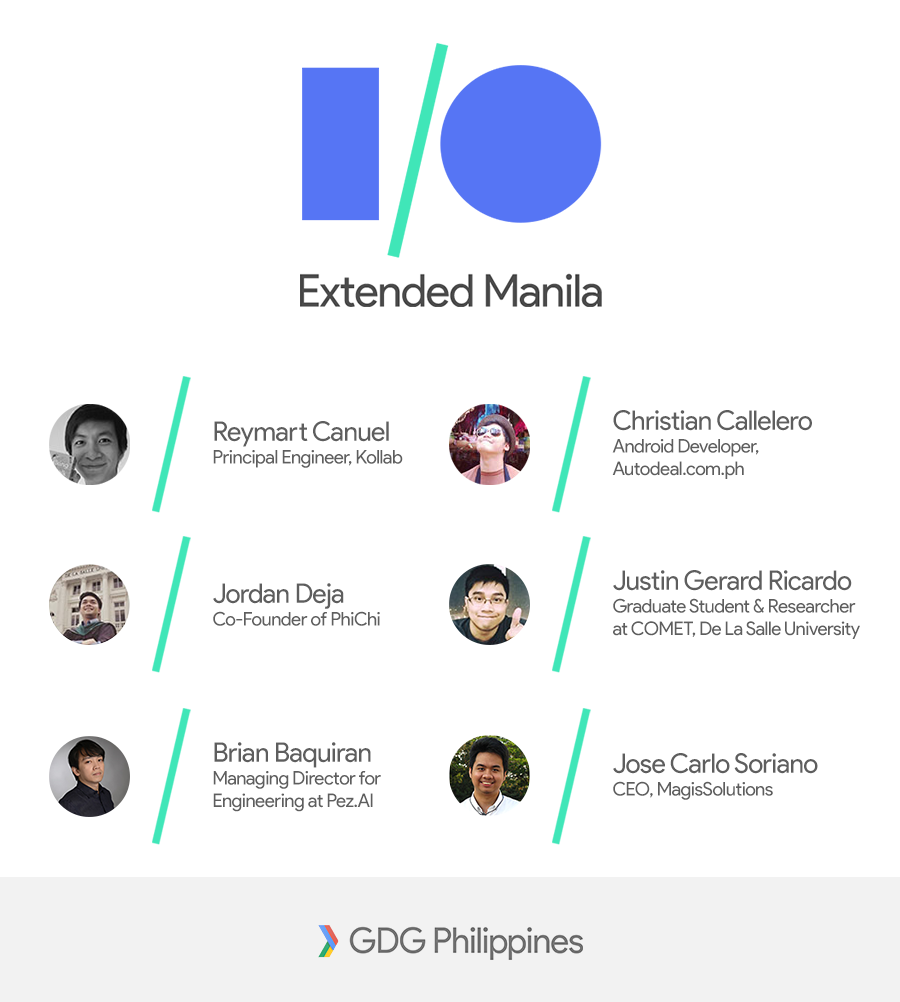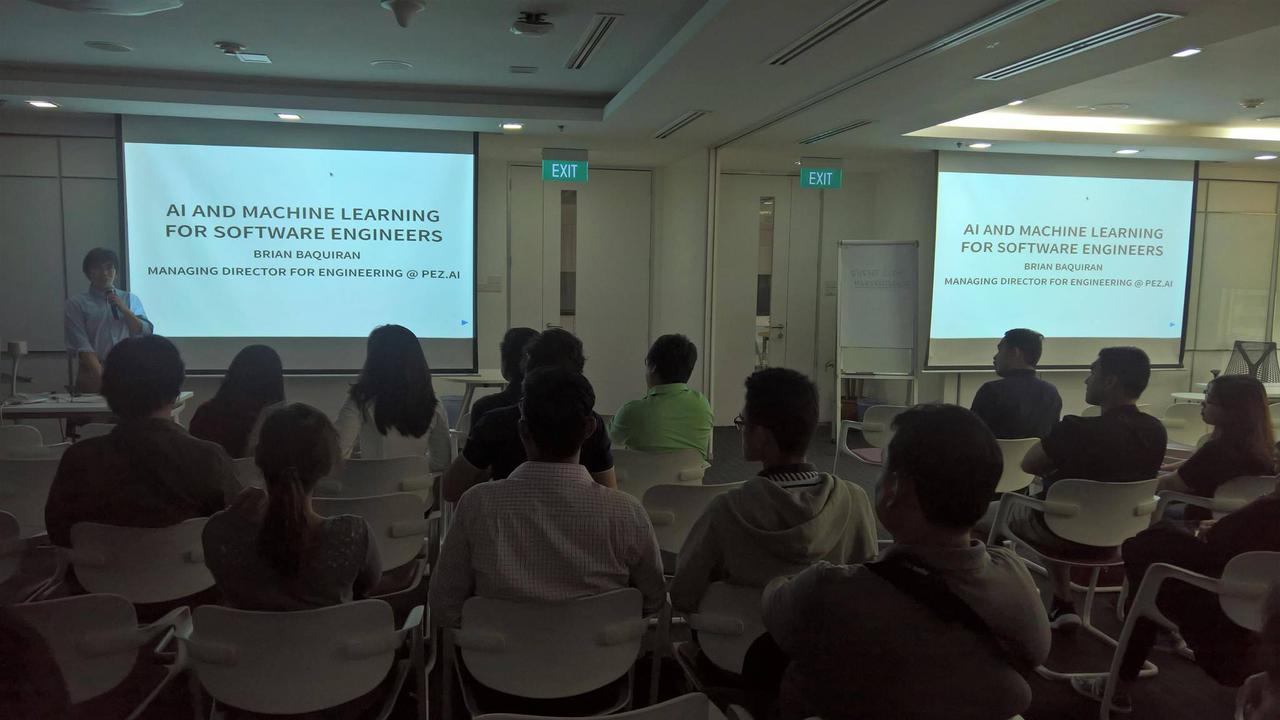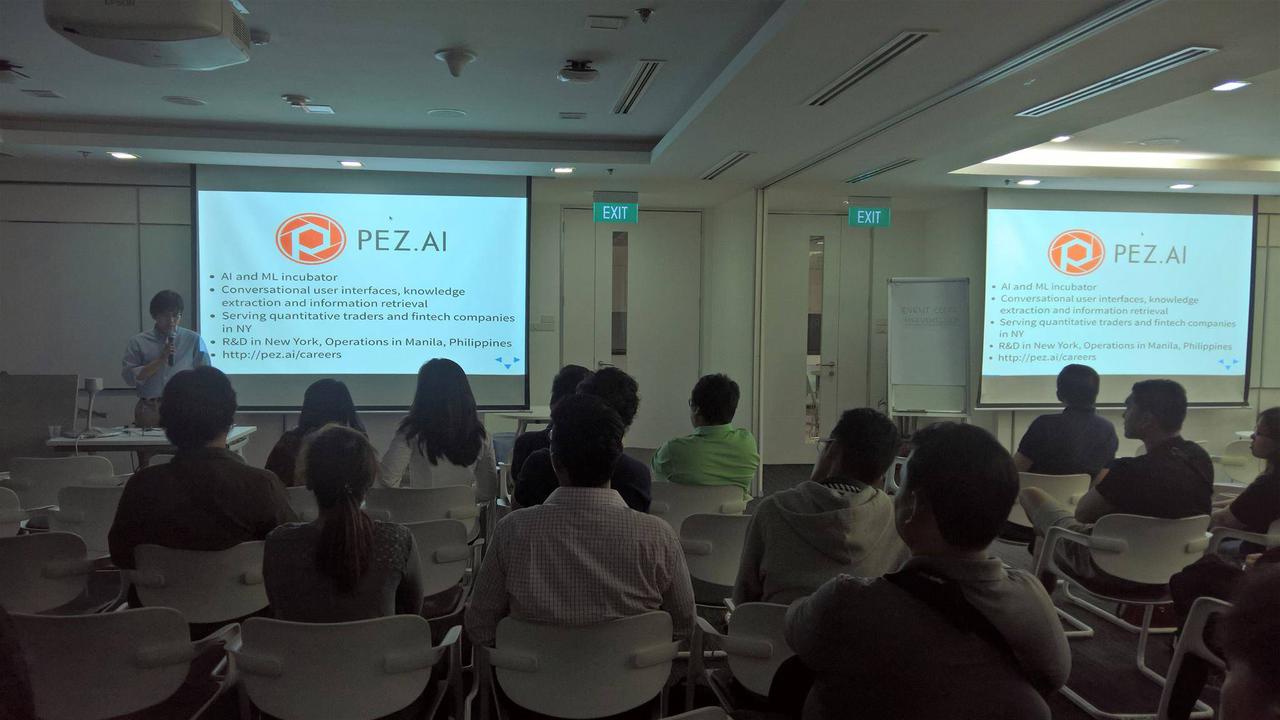On the phackers slack #careeradvice channel, a recurring theme seems to be the higher salaries that developers overseas are paid.
It always starts out with a developer -- usually a novice but not always -- discovering that developers in some other country with the same skillset as him are getting paid 5x (or whatever multiple) he is getting here. Other developers will then helpfully remind him of the greater cost-of-living, higher taxes, etc. in those countries. Invariably someone will say that Pinoy developers are worth more than what they're getting now.
Well, here's an important concept that I have had to explain multiple times:
You're worth whatever the market determines you're worth.
People often forget or ignore the fact that it's not just them and the employer that are negotiating. It's other employers, AND other workers. If you're negotiating with company, do you honestly think you're the only candidate they're considering? Other candidates or applicants may have the same skillset as you, but offer to work for a lower salary (for whatever reason). Other workers competing for the same jobs determine what you'll end up getting as well.
The real way to command a higher rate, regardless of whether it's local employment or remote, is to be as @mparaz and @radeinla put it, the special snowflake. If you're a commodity programmer, you get the commodity programmer rate because there are so many other candidates with the same or similar skillset.
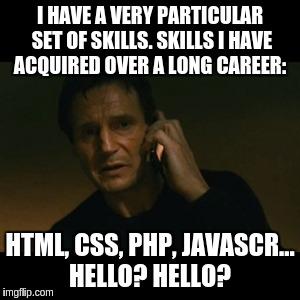
If you have, or can signal that you have a particular set of skills and there is a demand for those skills, then congrats, special snowflake, you can command a higher rate. The more difficult to obtain those skills (or signals) are, and the greater the demand, the better able you will be to command a higher rate whether here or abroad.
